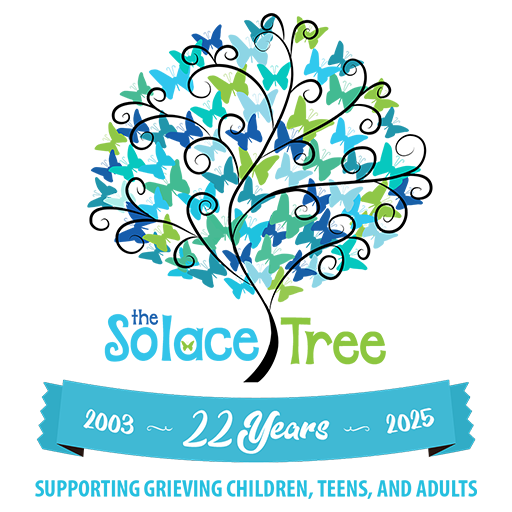Excerpt from December’s RLife Magazine:
![]() The holiday season can be especially difficult for individuals who are grieving the loss of a loved one. Some family members share that not having their loved one around during the holidays intensifies the pain of the loss. While others talk about the joy that can be experienced through continuing traditions special to the person who died, they too will remember the memories of past holidays by commemorating the deceased.
The holiday season can be especially difficult for individuals who are grieving the loss of a loved one. Some family members share that not having their loved one around during the holidays intensifies the pain of the loss. While others talk about the joy that can be experienced through continuing traditions special to the person who died, they too will remember the memories of past holidays by commemorating the deceased.
If you are like some people experiencing grief, you have many questions. It’s important to know there are no right or wrong answers-everyone grieves differently. There may be various answers depending upon the unique factors of you and your family’ssituation: who it was that died, when and how the person died, what your relationship was like with the person who died, and how involved you and your family were with the holidays, to name a few.
Here are some guidelines The Solace Tree participants have shared that are helpful to get through the holiday season. These are only suggestions. Shape them to fit your circumstances. Try to remember that many others have had experiences similar to what you’re going through right now. They have learned what it is like to endure and to survive and often even to grow through their experiences.
- Embrace your memories; they are your greatest link to legacies that exist after someone dies. Talking about the person by sayingtheir name and sharing your memories with others really does help keep these days special.
- Invite children in the family to help make choices or decisions about what or what not to do during the upcoming holidays. Children and teens need time to grieve. Allow them the space to do their grieving, either alone or with support from friends and family.
- Build on tradition. For the holiday meal, place a lighted candle on the table in honor of the deceased; include one of his or her favorite foods. Create a memorial ornament or decoration. If the person who has died always played a special role in holiday festivities, formally ask another family member to carry on the tradition. If tradition is too painful, change the way you celebrate.
- Instead of putting up a Christmas tree indoors, decorate an outdoor tree with lights and food items for the birds. Go out for dinner with friends or family instead of trying to have a crowd in for a holiday meal. Instead of staying home, where memories may be strongest, take a holiday trip.
- Draw names for gifts for certain individuals to go holiday shopping. Have friends pick up specific things you may find upsetting.
- Try shopping online for gifts or through catalogs and magazines.
- Help yourself adjust. Let others know that you might not participate in all the usual festivities. For example, you may feel like attending a religious service, but not gathering that follows. Feel free to change plans at the last minute. Cry if you need to. Let others know if it’s OK for them to share their memories of the deceased with you.
- Be prepared for all types of reactions. It will happen in all forms and at different times from each individual.
- If faith is important to you then find comfort in your community that nourishes you.Take care of yourself during this time. Allow yourself to take time out for “you”. Remember that your grief is important and unique.
- Be patient and kind to yourself, love yourself and don’t allow anyone to take your grief away. The most important thing is to be gentle with yourself and your children. Take time to talk about your feelings toward these upcoming holidays.
- Lend a hand. People who are grieving may be unable to say what they need. Offer to do something specific, such as chores or errands, even if you’re not sure it’s the right thing.
- Don’t judge or dictate how someone grieves. People grieve in their own ways, and their shifting needs (whether or not to discuss the deceased, for example) may seem inconsistent.
- Be open to holiday changes. Someone who is grieving may wish to alter certain holiday traditions or withdraw from full participation.
Though these holidays can be a transition for you and your family, it may be the first, second, or maybe even tenth year without your loved one at a more significant time in your family than any other time this year. Remember that your holidays can still be significant but know that they will be different.
Author and cancer survivor Emilio Parga is the Executive Director of The Solace Tree for grieving children, teens and families. The Solace Tree exists mainly on individual contributions and would not exist without the support of volunteers and the community. For more information, support or to donate, please visit
www.solacetree.org or call 775.324.7723.

